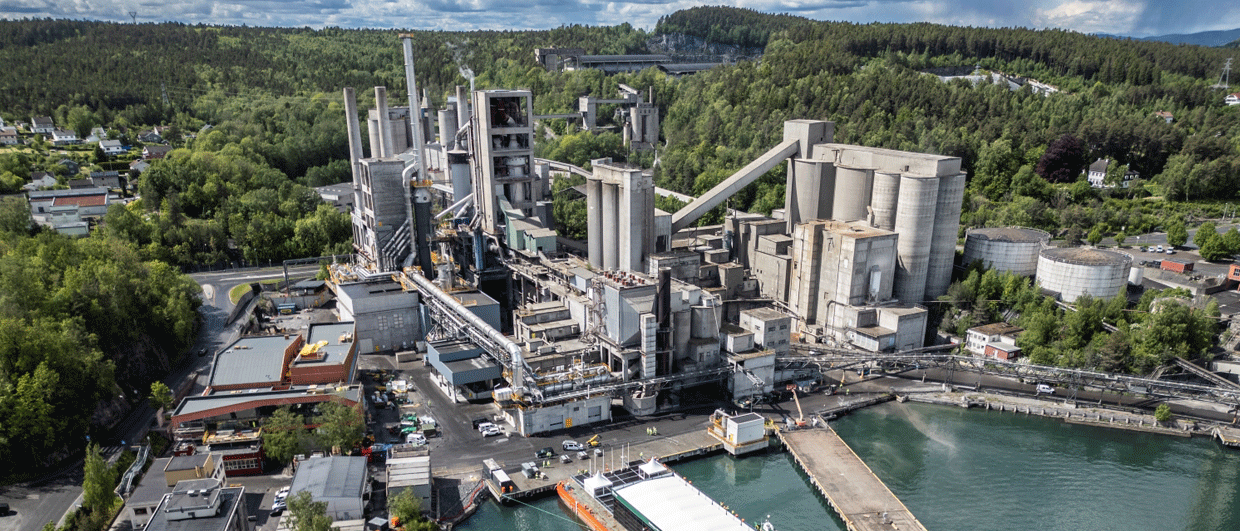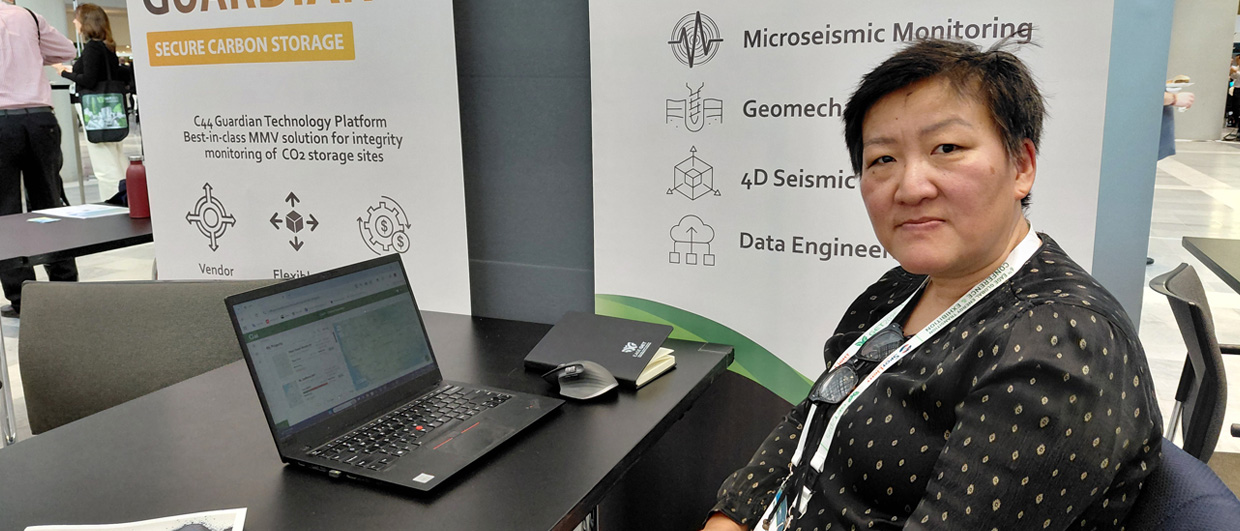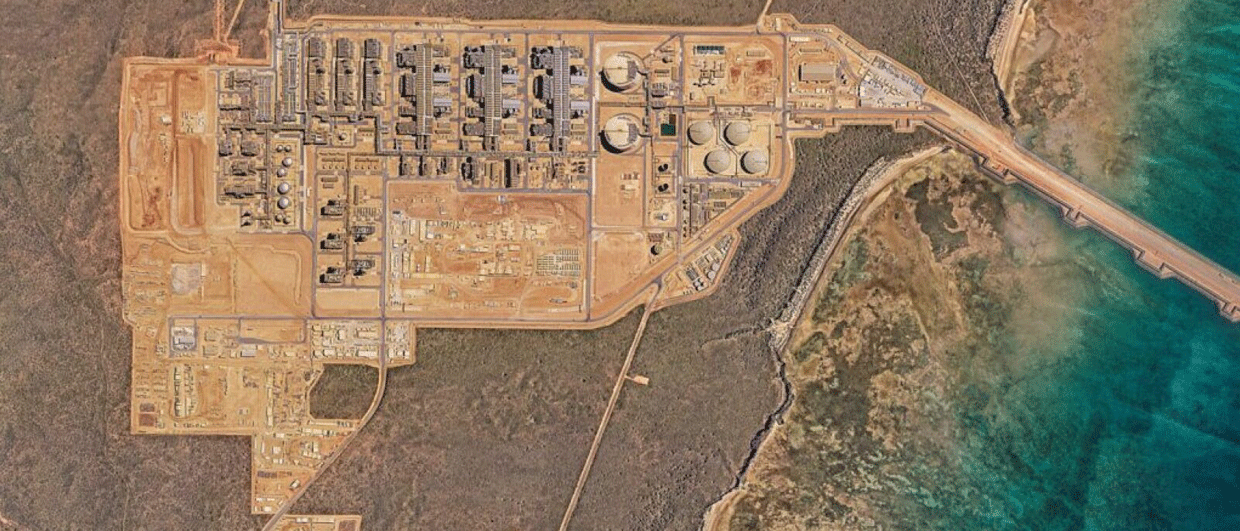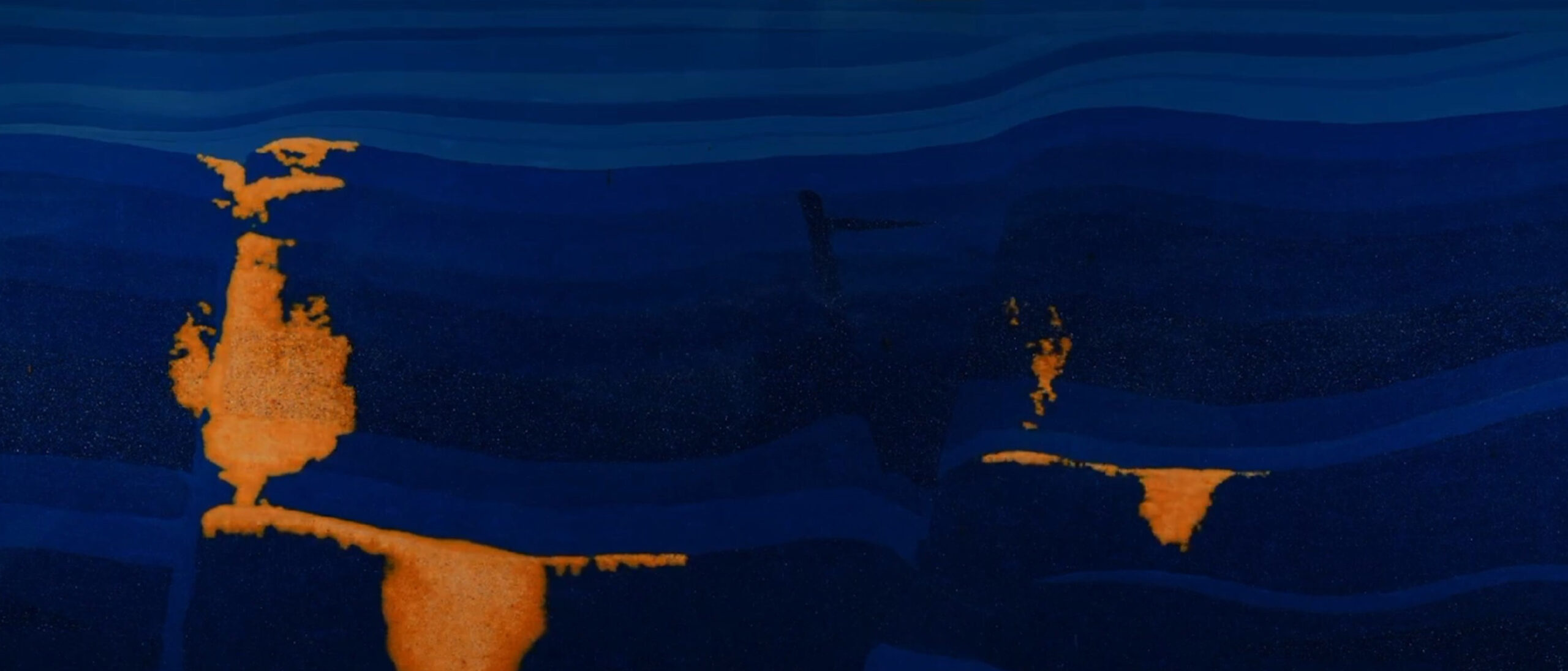Following on from their very successful and exciting first forum on the energy transition in September 2018 (A New Era in Geoscience), the AAPG are holding a follow-on meeting in Edinburgh, 15-16 October, to look in more detail at exactly what this will mean for the professional geoscientist.
The 2019 AAPG Forum ‘A New Era for the Geoscientist’ will be held in Edinburgh.
Following on from their very successful and exciting first forum on the energy transition in September 2018 (A New Era in Geoscience), the AAPG are holding a follow-on meeting in Edinburgh, 15-16 October, to look in more detail at exactly what this will mean for the professional geoscientist. While building on the discussions from the previous event, the 2019 forum will put a greater focus on the individual geoscientist in this new era for, on the dilemmas that keep him or her up at night, and the skills that will be needed to help unlock future opportunities in a decarbonised world.
GEO ExPro caught up with a couple of the key organisers. Max Brouwers, VP Exploration Europe, Russia & CIS, Shell, who was Chair of the 2018 event, reprises this role and brings the industry professional viewpoint, while committee member, John Underhill, as Academic Director of the UK’s Centre for Doctoral Training (CDT) in Oil and Gas, Chair of Exploration Geoscience and Chief Scientist, Heriot-Watt University, will be instrumental in building academic capacity and guiding the changes in delivery of future research and training that will be needed to address the energy transition and the geoscientist’s place in it.
What has changed since the 2018 Energy Transition Forum?
The inaugural AAPG Energy Transition Forum, held in Amsterdam in September 2018, was very successful. © AAPG.
Max: Steps are definitely being made in the right direction, but there is still a lot of work to be done. The world is changing around us, there is more awareness of alternative energies and the pace of change around the energy transition has increased, as has public awareness.
I think the main changes have been in two areas that have been accelerating. Firstly, in the energy transition itself, where we see continuing progress; and secondly in digitalisation. A year ago we weren’t really fully aware of what the energy transition would mean and also what geoscientists can contribute. At the same time I think digitalisation shows even more promise than it did in the past and it’s important that geoscientists are ready for this huge transformation that we see happening around us.
I was not really clear before the Amsterdam forum what the future held for geoscientists, but listening to the speakers and talking to the attendees helped me, and I am sure many others, to get better insights as to where the opportunities are. For quite some time they will continue to be in traditional oil and gas and mining geoscience related activities, but as we move to a broader range of energy resources we are seeing how there are new opportunities for geoscientists throughout. For example, carbon capture and storage (CCS) is going to need the skills of geoscientists – in fact, there will be an interesting talk at the forum about the first offshore CCS project – while ongoing worldwide electrification will lead to increased use of minerals like cobalt, lithium and nickel, and that will also require more geoscientists to help find and exploit these resources. Then there is the geothermal element, which has potential to grow fast and will need geoscience; and there are yet more opportunities within the hydrogeology field.
I am disappointed by the slow uptake in CCS across the globe. Things like this require cooperation across many boundaries. It’s not just industries, or politicians or any single country; it requires a lot of different elements to come together in order to create the tipping point for CCS to become mainstream. As geoscientists we can help in the discussion about the real versus perceived risks of, for example, storing CO2 in the subsurface; we need a larger voice in these discussions.
Are geoscientists aware and ready for the energy transition?
Max Brouwers is Chair of the 2019 AAPG Energy Transition Forum. © Shell.
Max: Geoscientists are much more aware of the transition and are wondering “what will this mean for me?” We want to focus on that question in the 2019 conference; for students and those at the beginning of their career to late professionals or academics and all stages in between; what will it require for them to adjust to this change?
One thing we realised after the conference last year was the role geoscience can play in the debate around climate change and this is something we also want to build on. We are uniquely positioned in that we have been studying the history of the earth over its 4.6 billion years, looking at how it has been changing over time and how our current changes fit into that.
We should be making a much greater contribution to that discussion, and we have built that into the plan for this conference.
The 2018 forum concentrated on building awareness of the energy transition in the oil and gas geoscience community, while this one focusses more on practical actions.
John: There is a crucial role for geoscientists to play in the sustainable world and it’s important that they and the wider community appreciate that and they are prepared for it. There are already changes at the academic level, with many higher educational establishments dispensing with what could be perceived as the ‘traditional’ science degree of geology in favour of more environmentally directed subjects or ones directly linked to climate change and sustainability.
Are geoscience opportunities already changing?
Committee member John Underhill, Chair of Exploration Geoscience and Chief Scientist, Heriot-Watt University. © John Underhill.
John: Definitely. Geoscientists are an integral part of the solution as we address and mitigate for climate change and are important in the energy transition, especially in things like carbon capture and subsurface storage. We should be demonstrating that our skills are vitally needed in a decarbonised world.
Max: Some geoscientists see plenty of opportunities in this changing world but I think many are not fully aware of the possibilities available, while others may still be sceptical, so in this forum we hope to discuss these views and give them insights into how geoscientists, academia and industry institutions can better prepare for this transition.
For the 2019 forum we have invited HR representatives from a variety of interested parties to tell us how the employment situation is changing in their experience. Already we can see that the industry is employing more data scientists than in the past, but we are also training geoscientists to be digitally literate so they can program and use digital technologies themselves in order to get more out of the data than we have ever done before. I see this as the beginning of a much larger change, with much more integration of skills, with data scientists and geologists working closely together to maximise the insights we can get out of the data.
There is still some apprehension among geoscientists looking to the future, but there is also a lot of optimism and excitement as they realise we may be able to do things we could not before – and we will spend a lot less time looking for and sorting data.
Is university training changing?
John: The students arriving at university are very computer literate and used to techniques like 3D visualisation, so they are well equipped for these courses and we are successfully addressing the different skills needed for the new workforce. For example, students graduating from the National Environment Research Council (NERC) UK post-graduate Centre of Doctoral Training (CDT) led by and run out of Heriot-Watt University, have all undertaken field training and internships with oil companies. The CDT is a pan-UK collaborative partnership comprising 17 Universities, two NERC Research Centres and eight industrial sponsors. It was set up to address a key theme and has 120 students on the programme, the first of whom graduated last year and are now in employment in the industry. The programme they follow addresses decarbonisation and discusses how the geophysical skills acquired in the oil industry can be used in the careful management of the subsurface, which is relevant to geothermal energy and CCS, for example. Students on the CDT program are now acutely aware of how important these skills are for the future.
However, a major challenge is ensuring enough universities continue teaching the relevant skills in geosciences and understand the value that data acquired during the course of petroleum exploration has for managing the subsurface (e.g. for safe carbon storage). The reality is that there is a growing perception of the subject being associated with ‘dirty’ fossil fuels, exploitation and environmental damage. One consequence of this is that many universities are no longer offering, or are reconsidering their provision of, petroleum related courses, and fewer expert academics are available to teach the subject. However, as the industry changes, these types of courses will need to broaden to include subjects like economics, engineering, communication and social sciences, as well as Artificial Intelligence (AI) and visualisation methodologies, to ensure that future generations have all the skills they will need in a decarbonised world and the social license to operate.
What is required to ensure working geoscientists have the right skills?
Max: I think that in Shell we are very active in helping our geoscientists to explore the digital world. We run internal digital hackathons and give training, including to our leaders, to help them realise what it all means and to expose them to coding and new ‘agile’ ways of working. I have already seen a difference: there is greater collaboration and more short term joint projects enabled by the new technologies, which is a much more enjoyable way for people to work, rather than sitting in a cubicle studying one thing for a long time. We will also be seeing changes in the way of working due to the connectivity of these new technologies. The traditional office environment will not be so important, and we will be crowd-sourcing ideas much more; it is all tremendously exciting.
Is the public aware of the role of geoscience in the energy transition?
John: Not really; we need to get across that geoscience is a key component of the solution, not the problem. We must have an honest conversation about the geoscientists role in a sustainable future and how important the skills learnt and brought into the mix are. That may encourage more students into the geosciences: youngsters want to know ‘can I make a difference?’ We need to let them know they can – and will. This forum is one way to do that.
Max: Last year we provided a summary of the findings of the forum which was widely circulated and which we found brought in interest and has also resulted in people approaching us and wanting to participate in the debate, so we will definitely do the same this year. It is an important for us to communicate what comes out of the forum to a wider audience and we need to step up to that. We also need to work out how to turn our discussions into concrete actions.
We are discussing options as well as to how to bring in some external views into the room that are not necessarily directly related to geoscience, to learn how other industries are approaching the changes in the world and whether other young professionals are equipped for this new reality. That should be a two-way education and the people concerned will learn about the work the industry is doing in working towards a sustainable future.
Who should attend the AAPG 2019 Energy Transition Forum and why?
You should attend this forum if:
You are wondering what the future holds for geoscientists and how to prepare for the energy transition – it will help you find the answers to these questions;
You want to get new perspectives on how the energy industry is changing and how you and your company need to prepare for this;
You want to know what skills your geoscience staff will need in order to have a successful company though and after the energy transition;
You want to network with geoscientists with a range of skill sets and experience;
You are a leader in any sector of the energy industry or academia, not just geoscience, in order to steer the industry of the future.
Further Reading on the Energy Transition
Some recommended GEO ExPro articles relating to the energy transition.
AAPG Energy Transition Forum: A New Era for Geoscience
Jane Whaley
GEO ExPro Oil & Gas Conference Round-Ups: AAPG Energy Transition Forum 2018.
This article appeared in September, 2018
The Global Energy Transition
Jane Whaley
The energy transition is a chance for companies in the oil and gas industry to look at the opportunities that their technologies and expertise offer and collaborate for a brighter future.
This article appeared in Vol. 15, No. 4 – 2018





